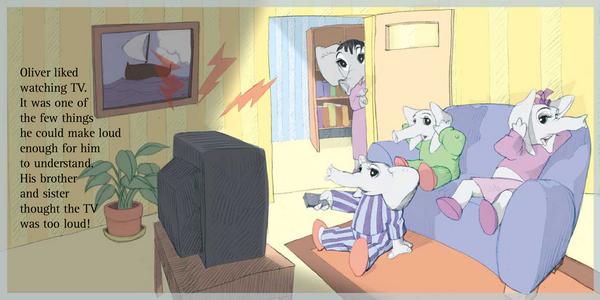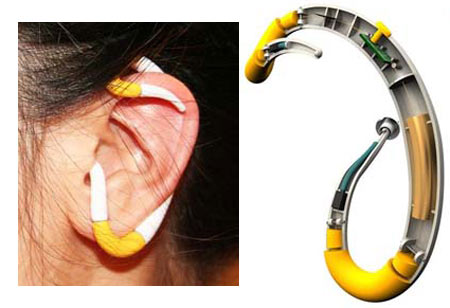Just reading the "Staying in Touch" workbook and it had an interesting example in the "Assessing Physical Environments" section:
At a party or loud social gathering it's not well-received to ask the host to turn down the music especially when people are dancing. A solution to this problem would be to ask the person who is talking to you if they would move to a quieter room. He continues to say that "people who are hard of hearing should be wary of assuming that others won't cooperate when asked to make environmental modifications".
For me it's not about whether they would cooperate. I would find it awkward to ask someone to move to another room, especially if I don't know that person and they were being polite by striking up some small talk (which I'm not terribly good at). I would feel awkward about removing them from their social comfort zone to have a small talk conversation with me. I would worry that we'd move to the other room and she'd say something like "I was saying, 'Nice music isn't it?'", then I'd say "Yes, it is. Good beat." and then we'd stand there in silent awkwardness and she'd say "Well I better get back to the party, my husband is probably looking for me."














